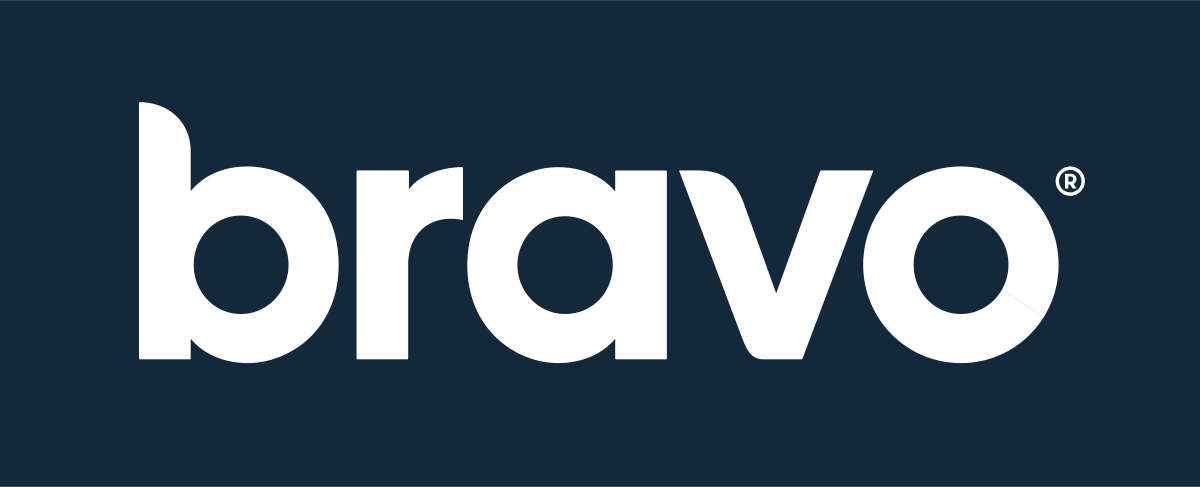Bravo’s Founder, President & CEO, Jim Pshock, was recently featured in one of Michael Rucker’s Thought Leader Interviews. Addressing tough questions such as “Where does the responsibility of the company end and the responsibility of the employee start?” and “What are the key elements that contribute most to the success of a corporate wellness program?” this interview speaks to some of the uncertainty and hesitation surrounding workplace wellness.
1) The recent documentary, Fed Up, presented evidence that lobbyists potentially have garnered a narrative regarding obesity to be too heavily focused on activity, resulting in a lackluster focus on nutrition and food intake. In parallel, there seems to be an abundant focus on physical activity with regards to workplace wellness in comparison to other areas of behavior change. In your opinion, why do you think that is?
I am not sure I completely share this observation, although it’s true most programs are activity-based (in the sense that many programs involve activities, like taking part in a step challenge or watching an instructional video) and I think in many ways it’s because activities can be measured, and because these programs are relatively easy to implement. Whereas, with food, we can think back to second grade when your mom sent you to school with an apple in your lunchbox, and you would trade it for a Twinkie, and she would never find out. You can educate people. You can give them the food, but it doesn’t mean they are actually going to eat it. And, plus, you have the complexities of allergies, and food preferences, and people who just don’t like the taste of what you’re telling them to eat.
Focusing on nutrition can open a Pandora’s Box. If you’re going to go down that path of telling someone what they ought to be eating, then you’re going to have to be willing to deal with a lot of personalization and accommodations, which is no easy feat. We tend to focus more on the ‘why’ than the ‘what’, and sharing the message of personal accountability for your health…this empowers the individual with a directive, but also the power of autonomy to achieve it.
To read the full interview, click here.

